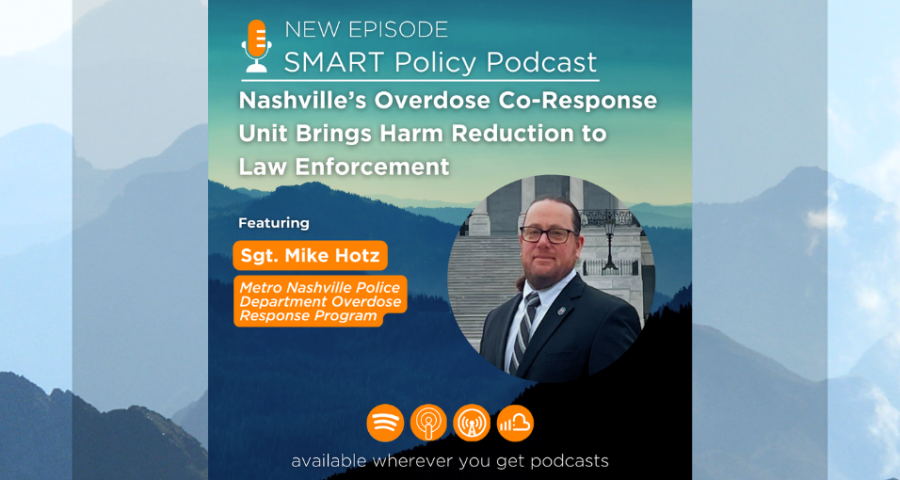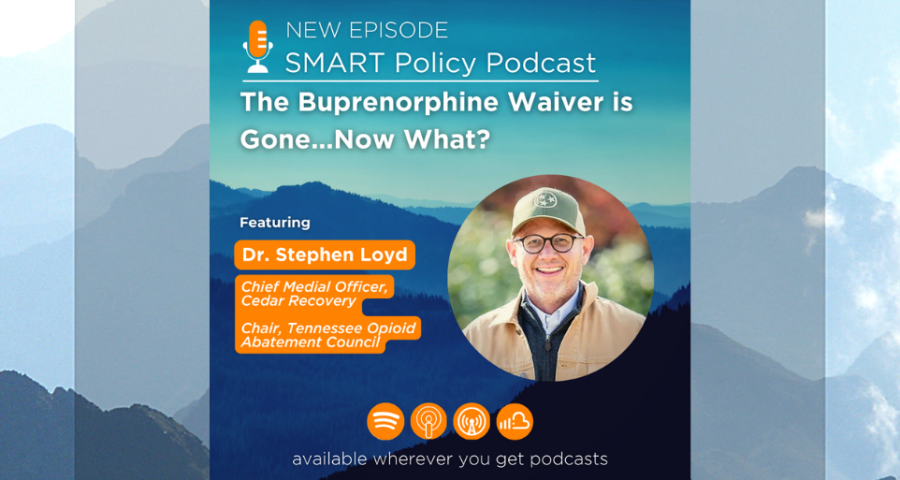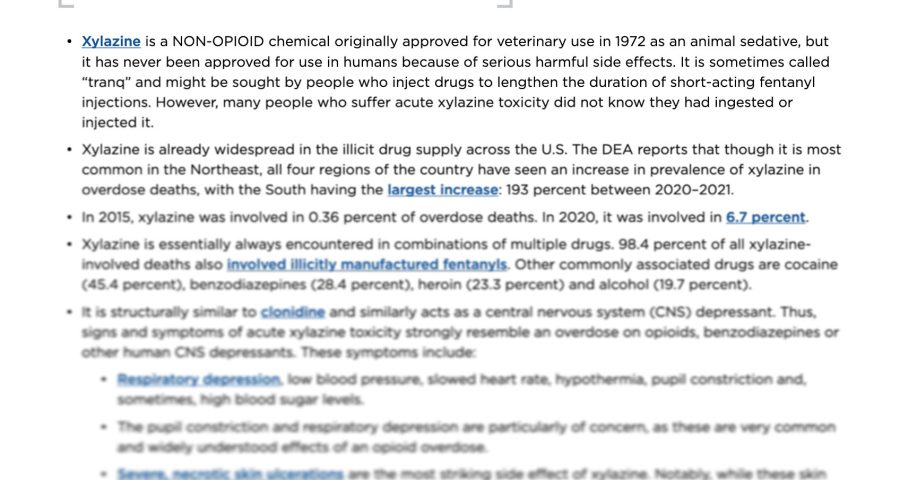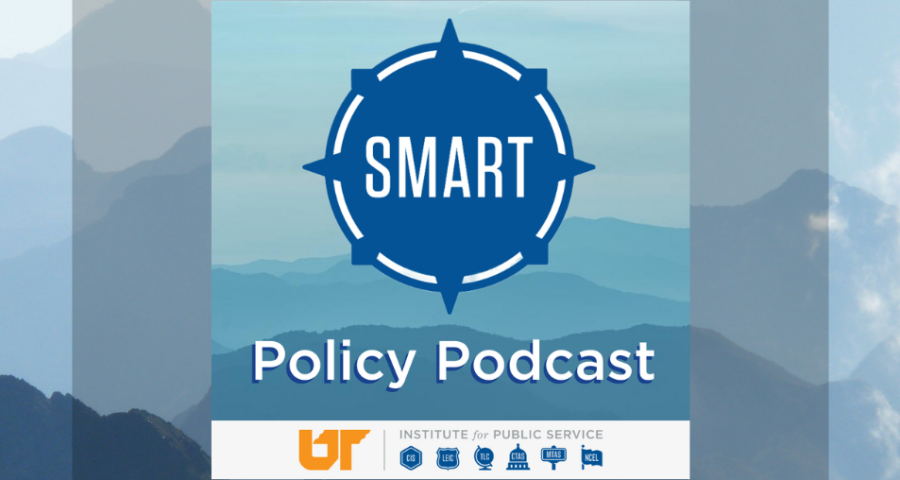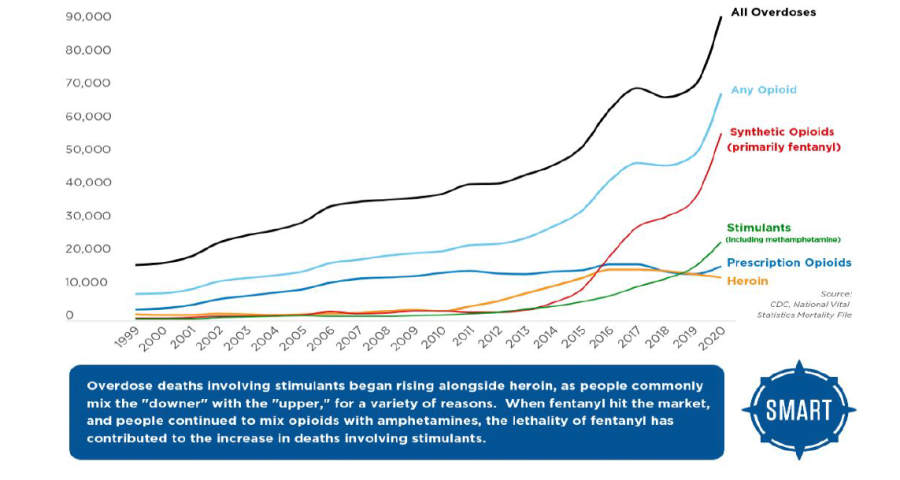Click here to listen on Spotify As the drug overdose deaths continue to climb, we have heard more and more Sheriffs and law enforcement officers across the state say “we can’t arrest ourselves out of this problem.” That the criminal justice system plays an important role, but not the only
(Podcast) Nashville’s Overdose Co-Response Unit Brings Harm Reduction to Law Enforcement
